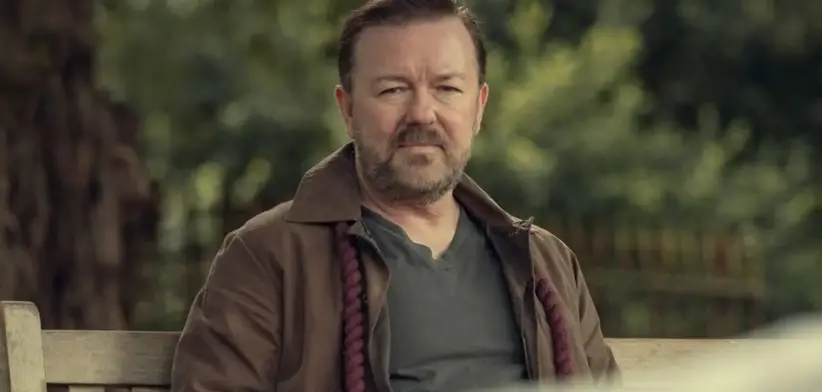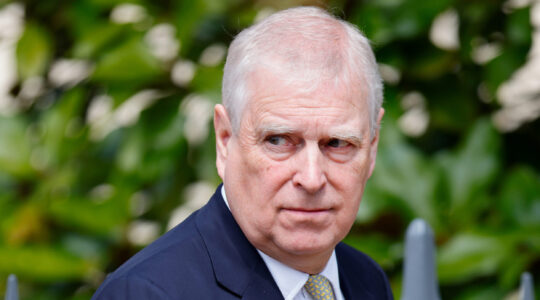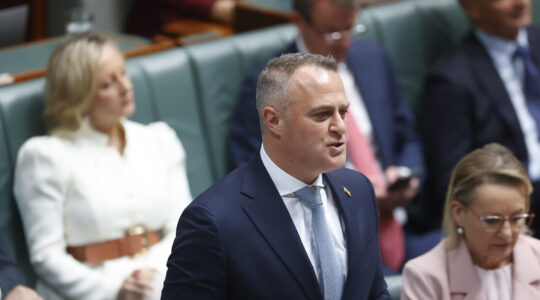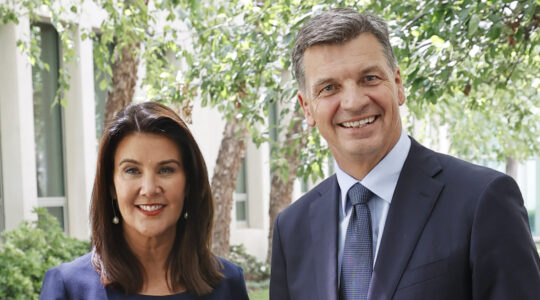By Shane Rodgers
I often find myself quoting comedians because they have an interesting habit of stripping off the layers of constructed humanity and exposing the uncomfortable core.
In recent weeks some comments from Ricky Gervais and Jerry Seinfeld caught my interest.
Seinfeld, doing a few interviews while he took a break from boredom, said that money was poisoning our culture.
His point was that, prior to the 1980s, there were limited ways for most people to make big money and people were more interested in whether you had a cool job than how much you earned.
A little earlier Gervais, who grew up in a low-income household, said he was taught growing up that “ability was a poor person’s wealth”. In his household men worked hard and women “worked miracles”.
Fast forward a few decades and he now found that money “gave him the creeps” and “mildly embarrassed” him.
Of course, it is easy for rich people to have opinions on money when they have no shortage of it.
But it got me thinking about growing up in a small country town where there was really no class system. Everybody had a job but there was no real sense of one job being better or higher paid than another – everyone had their place in making the community tick.
There were three or four people who were perceived as wealthy but mostly we felt sorry for them because they had to pay a lot to put petrol in their big cars and the thought of cleaning a big house wasn’t very appealing.
I’m not sure if moving into the “big smoke” changes things but I get what Seinfeld was saying. A lot of people seem to keep score in life based on how much they earn rather than how balanced their lives are, how happy they are or how much time they spend with family and friends.
For everyone there is a base level of money that allows them to live without constant stress around making ends meet.
Times are tough for a lot of people at the moment but, with brutal honesty, plenty of people pass the threshold and keep seeking more without any sense that this will bring a better life.
A few years ago, I interviewed one of Australia’s richest men and asked him about his net worth. He was often referred to as a billionaire but more recently there had been reports that he was really “only” worth a few hundred million.
He told me: “Once you’ve got five or 10 million dollars your lifestyle remains the same if you’ve got $1 billion or $5 billion.” Again, easy for a rich guy to say, but there is a point in there.
Money can, of course, buy opportunities that might not otherwise be available. When I was a kid I had a Cracked magazine with a cartoon that said: “Money can’t buy you happiness but it makes misery a lot more fun.”
Straight-talking Eminem went a bit further: “Money doesn’t buy happiness, it buys crazy-ass happiness,” he said in an interview on a talk show.
For all of us, one of the most important questions we will ever ask is how much money we really need. Money can be an enabler, but also a trap. It can easily cause us to live lives that “feed the machine” rather than really making us happy.
Economics blogger Noan Smith wrote an article last week, pointing out that the natural state of humanity is actually poverty, and most humans have lived a subsistence life throughout history.
A shortage of resources, he argued, was humanity’s “greatest and oldest enemy”.
His point was around the forces currently working against industry and economic development, the “very walls of the fortress” that has allowed many of us to have a higher (on paper at least) standard of living than our predecessors.
“If we burn the walls of our fortress to throw a party in the moment, there will be nothing left to protect our descendants, and the foe (poverty) will devour them,” Smith said.
His point is interesting. We may well have some tough decision ahead as we balance the planet’s needs against our wealth ambitions.
Would such tough decisions help us cleanse a toxin, to Seinfeld’s point, or would we just be surrendering our fortress?
Shane Rodgers is the author of ‘Worknado – Reimagining the way you work to live’.








